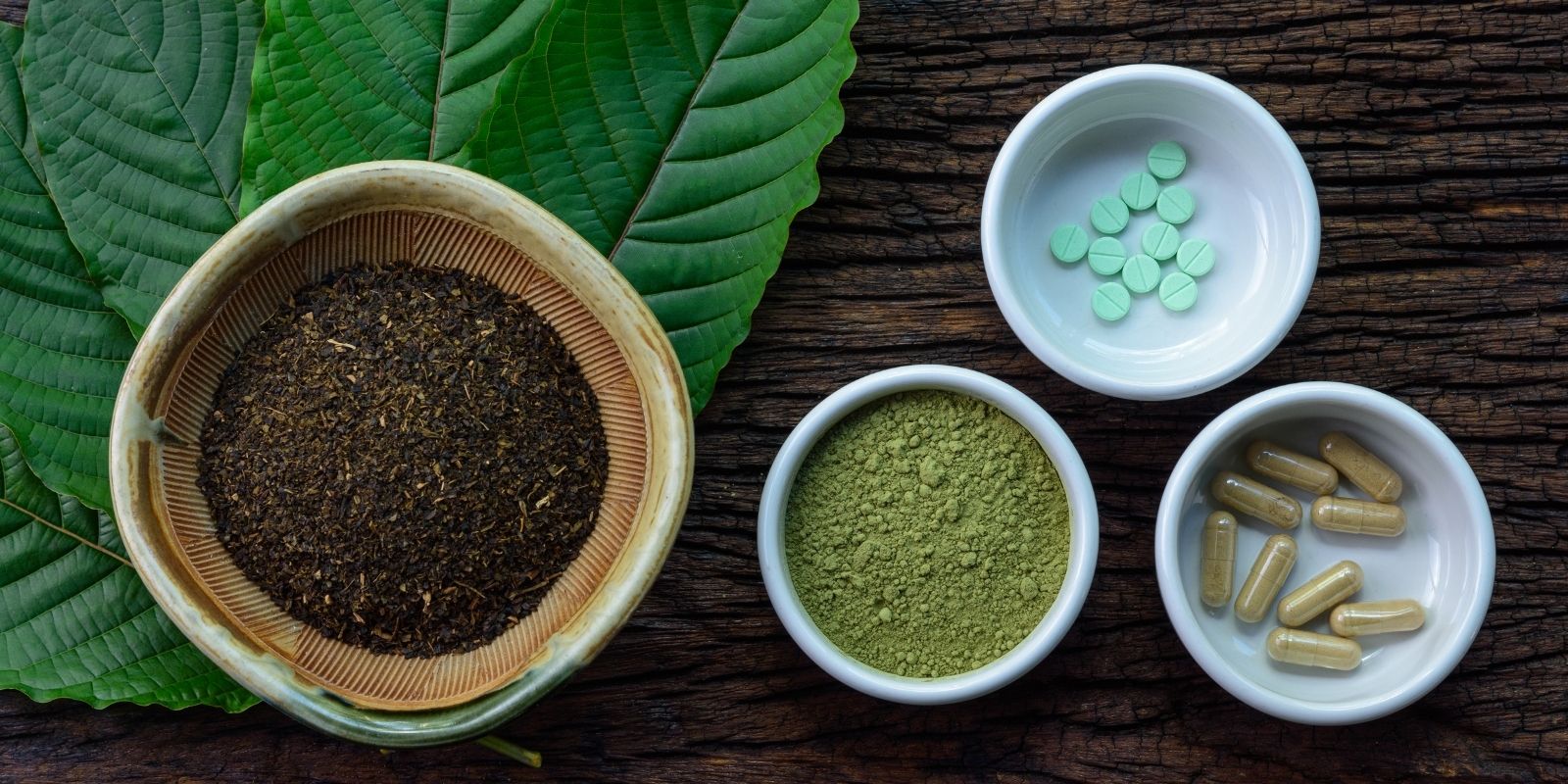We’ve come a long way from when Kratom was first viewed as either a dangerous drug or as a niche wellness supplement. Nowadays, many people are aware of the health boosting benefits of Kratom and how it can improve your mood, mental focus, relaxation, and even help with pain management.
Just like THC and CBD products, Kratom has also found its way into the world of edibles: food items that incorporate the compound. Online, you’ll find users looking up where to buy Kratom gummies online or sharing recipes of their favorite Kratom-infused milkshakes or teas. But just like other edibles, there are certain things you should know about Kratom consumption before munching down on a Kratom cookie. Read on to find out more.
Why Put Kratom In Food? It’s Simple…
Kratom on its own tastes bad. There’s really no two ways about it! Users have described straight-up Kratom as unpleasantly bitter, overpoweringly earthy, and face-scrunching sour. Of course, if your Kratom tastes like this, you should be glad: this means your Kratom is completely all-natural, derived straight from the plant, and contains no other additives.
In fact, if your Kratom doesn’t taste bad, you should probably be worried: this either means your Kratom has been cut with some sort of synthetic chemical, or its potency is so low as to not offer you any benefits at all. Either way, this is not the kind of Kratom you want to consume, as this will increase the risk of you developing negative side effects such as nausea and headaches. All-natural Kratom tastes bad because that’s what the leaf actually tastes like. It’s the taste of nature!
If your Kratom tastes unpleasant, however, then this is usually a good sign, although one that’s unpleasant to the palette. For this reason, many people choose to incorporate Kratom into their food so they don’t have to taste the natural leaf’s bitter-sour-earthy notes. But before you start believing blogs that say certain foods might boost or negate Kratom’s effects, be forewarned that:
Kratom Effects Cannot Be Altered
There are some people who wrongly believe that Kratom’s effects are boosted by its addition to food. As much as we’d like to believe this, it is simply not true. Adding Kratom to food does not intensify its potency. In fact, the effects you feel when you add kratom in food versus taking it in powder or pill form will not differ at all.
Alternatively, some people also wrongly believe that Kratom’s effects are negated by its addition to food. Thankfully, this is also untrue. The alkaloids present in Kratom, mitragynine and 7-a-hydroxymitragynine, are not destroyed by heat. These alkaloids are unaffected by the heat, although they do take longer to be ingested by your system, which probably gave rise to the (Wrong) belief that heat kills its potency.
When Kratom is consumed orally, it is absorbed by the body via metabolic ingestion. This means that the Kratom alkaloids are absorbed by the receptors in the intestinal lining, which takes longer because of the digestive system’s length, not to mention the presence of other edible compounds.
However, some users believe that taking premium White Bali Kratom ‘speeds up’ the process of ingestion, although this effect will differ vastly depending on the user. Kratom potency relies on a number of factors, from the type of strain, the amount used, and the individual’s metabolic rates, so bear this in mind and always add Kratom in safe amounts. Usually, your regular dosage is more than enough.
Kratom Consumption: Is It Safe?
Yes, consuming Kratom gummies, Kratom cookies, Kratom milkshakes, and other foods with Kratom incorporated in it is completely safe. As mentioned, the effects of Kratom do not alter when combined with food, which means that there’s really no reason why Kratom powder will harm you if sprinkled onto your pasta.
Because most Kratom is sold as powders anyway, creating Kratom-infused foods is easier than ever. Kratom gummies are, perhaps, the most popular products out there because of how the gummies sweetness counteracts the bitterness of Kratom while playing delightfully with its innate sourness. Of course, the quality of Kratom edibles will vary depending on how you make it, but in general, making homemade Kratom edibles is safe (provided you know your dosage).
Interested In Kratom Edibles? Learn More About It With Us!
If you’re looking up where to buy Kratom gummies or recipes that involve Kratom, it’s best to educate yourself first about Kratom and all of its potential effects and side effects! Contact us, today, to learn more about Kratom, from its effects and pharmacology to its legality and availability in the country.




